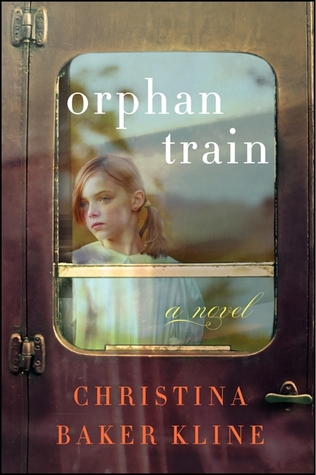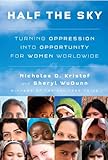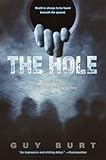Fiction

Vivian is an Irish immigrant who settles in New York city in the early 1900s with her mom, dad, and family. Tragedy befalls the family and Vivian is left an orphan. As such, her journey begins on the orphan train, where all orphans are packed on a train together and basically paraded through different cities in the USA until someone agrees to take them in. Vivian befriends a baby and a boy on the train and hopes to be able to find them again, but they are taken by families quickly. Vivian's heart begins to fall, wondering if no one wants her.
Instead, Vivian ends up in Minnesota, taken by a couple that owns a female dress making shop. They only want Vivian for free labour, so she learns to sew. As the great depression happens, her circumstances in the "family" change and they no longer want her. Vivian gets passed on and passed on, struggling to survive and not feeling like she's wanted anywhere.
In present day Maine, Molly is also in foster care. She doesn't get along with her family and when she steals a book from the library, that's pretty much the last straw. Molly ends up doing community service for Vivian and learning all about her past. The two become unlikely friends.
I'm sure we've all read stories about horrible foster families in the past. And this book certainly has an element of that, but it's much more about overcoming these challenges and how it shapes you as a person. Yes, both Vivian and Molly don't have ideal pasts, but really, how many of us do? They triumph over these.
I really enjoyed Vivian's story. I had never known anything about orphan trains. I feel like there's a good non-fiction novel that could be made about these people's stories. This book read incredibly easy because the character were so engaging.
What a great way to start 2017 reading! You can purchase this book at
Harper Collins' site.
Thank you to
TLC Book Tours for letting me be a part of this tour.
First Line: "I believe in ghosts."
Rating: 




(4.5/5)
About the Author
Christina Baker Kline is the author of five novels. She lives out-side of New York City and on the coast of Maine.
Find her on Facebook, Twitter, or at her website.
|
 This book examines problems with women oppression in many countries around the world and what and how we can do something about this. There are many horrific personal stories included in this book, with an argument tied to how this problem should and can be tackled. There are also a lot of interesting studies citied to help provide the facts to go along with the personal stories.
This book examines problems with women oppression in many countries around the world and what and how we can do something about this. There are many horrific personal stories included in this book, with an argument tied to how this problem should and can be tackled. There are also a lot of interesting studies citied to help provide the facts to go along with the personal stories.



 Sarah Havensworth is blessed to have a husband that has allowed her to stop work and focus on her novel, but Sarah is having problems finding inspiration. Coming from a journalism background, Sarah finally finds a spark when she reads about two dressmakers that went missing in late 1800 San Francisco. Sarah re-focuses what she's working on. Someone finds out and starts sending her threatening emails. Determined to write this story, Sarah continues on and the story of the two dressmakers come to life.
Sarah Havensworth is blessed to have a husband that has allowed her to stop work and focus on her novel, but Sarah is having problems finding inspiration. Coming from a journalism background, Sarah finally finds a spark when she reads about two dressmakers that went missing in late 1800 San Francisco. Sarah re-focuses what she's working on. Someone finds out and starts sending her threatening emails. Determined to write this story, Sarah continues on and the story of the two dressmakers come to life.
 A group of students (college or high school? It's never quite clear) decide to pull a prank and rather than go out on a trip with the school, go to a never used part of the school that has a few rooms inaccessible by anything other than a ladder. The group plans on staying for three days before a friend will let them out.
A group of students (college or high school? It's never quite clear) decide to pull a prank and rather than go out on a trip with the school, go to a never used part of the school that has a few rooms inaccessible by anything other than a ladder. The group plans on staying for three days before a friend will let them out.

 Vivian is an Irish immigrant who settles in New York city in the early 1900s with her mom, dad, and family. Tragedy befalls the family and Vivian is left an orphan. As such, her journey begins on the orphan train, where all orphans are packed on a train together and basically paraded through different cities in the USA until someone agrees to take them in. Vivian befriends a baby and a boy on the train and hopes to be able to find them again, but they are taken by families quickly. Vivian's heart begins to fall, wondering if no one wants her.
Vivian is an Irish immigrant who settles in New York city in the early 1900s with her mom, dad, and family. Tragedy befalls the family and Vivian is left an orphan. As such, her journey begins on the orphan train, where all orphans are packed on a train together and basically paraded through different cities in the USA until someone agrees to take them in. Vivian befriends a baby and a boy on the train and hopes to be able to find them again, but they are taken by families quickly. Vivian's heart begins to fall, wondering if no one wants her.
